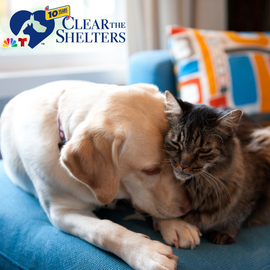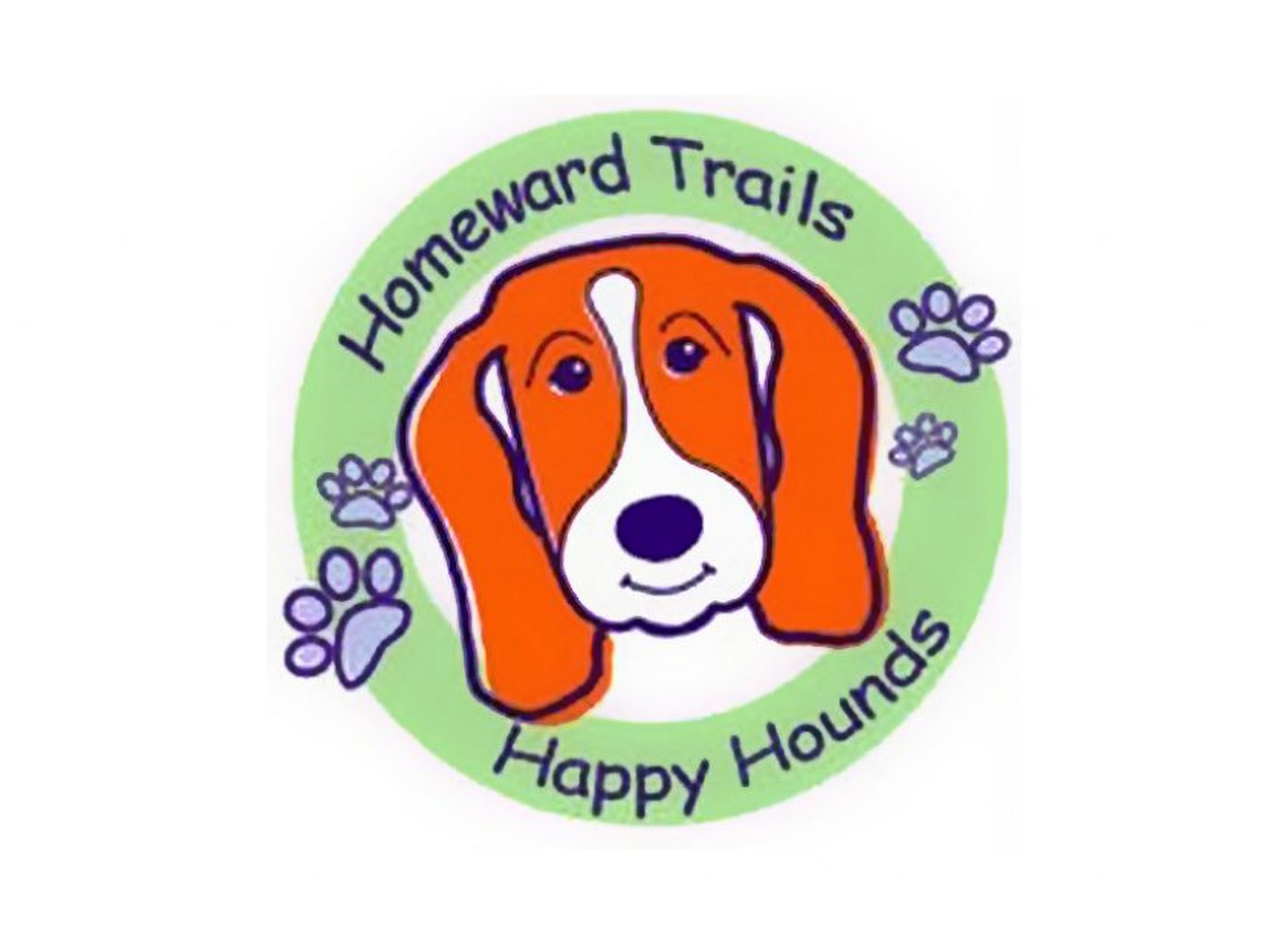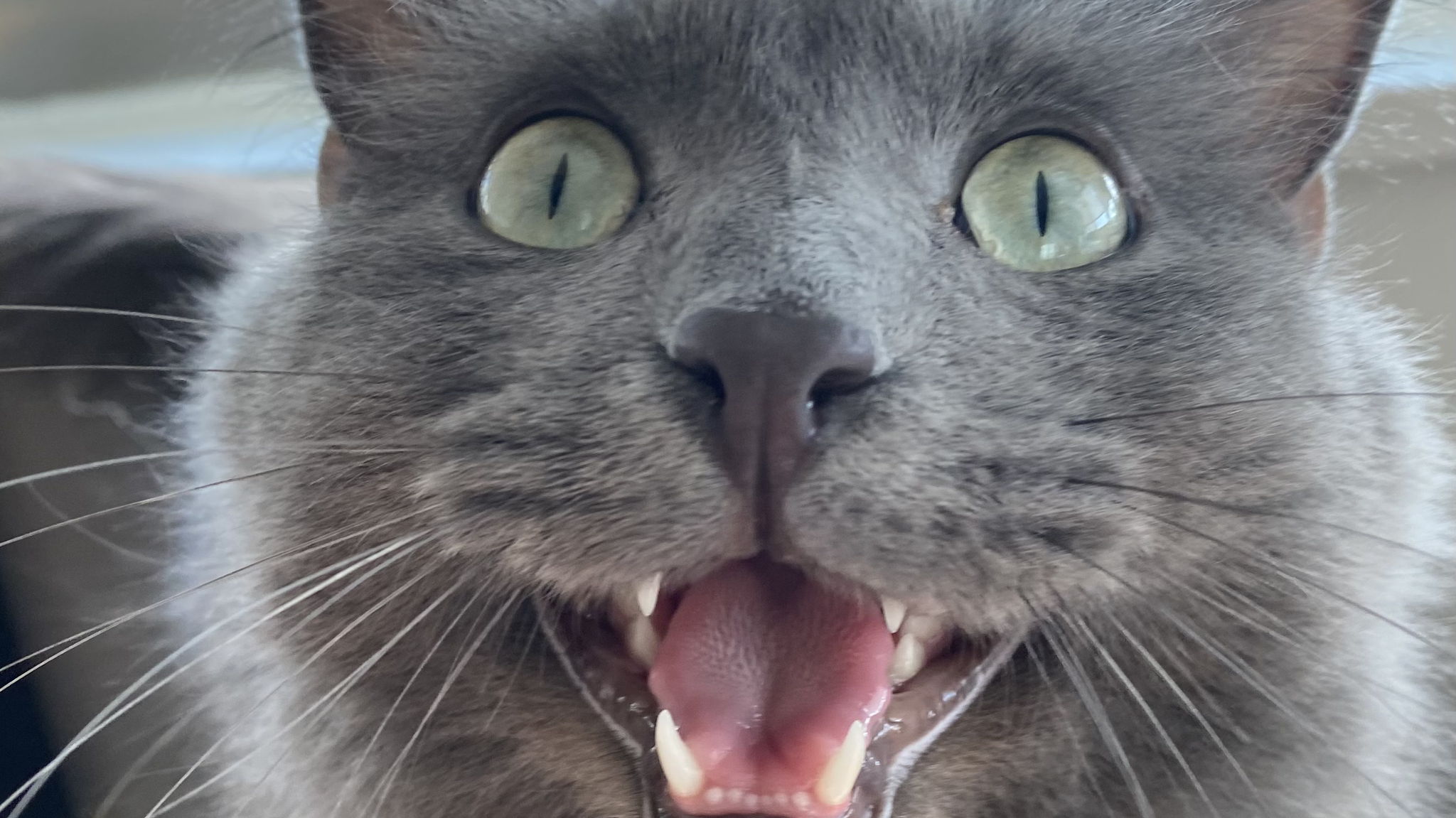Housetraining Basics HOMEWARD TRAILS RESOURCE LIBRARY: DOGS!
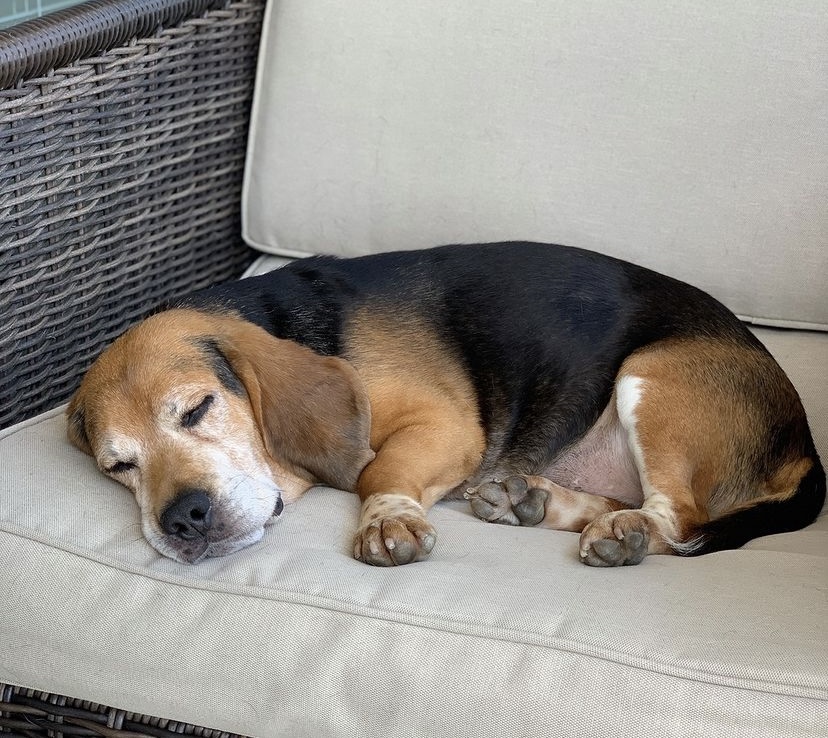
Your new dog or puppy will likely need at least a refresher on housetraining. Even a dog who was not having accidents in a foster home will need some guidance as they learn what is expected of them in your home.
Most dogs will pick it up quickly but consistency is key.
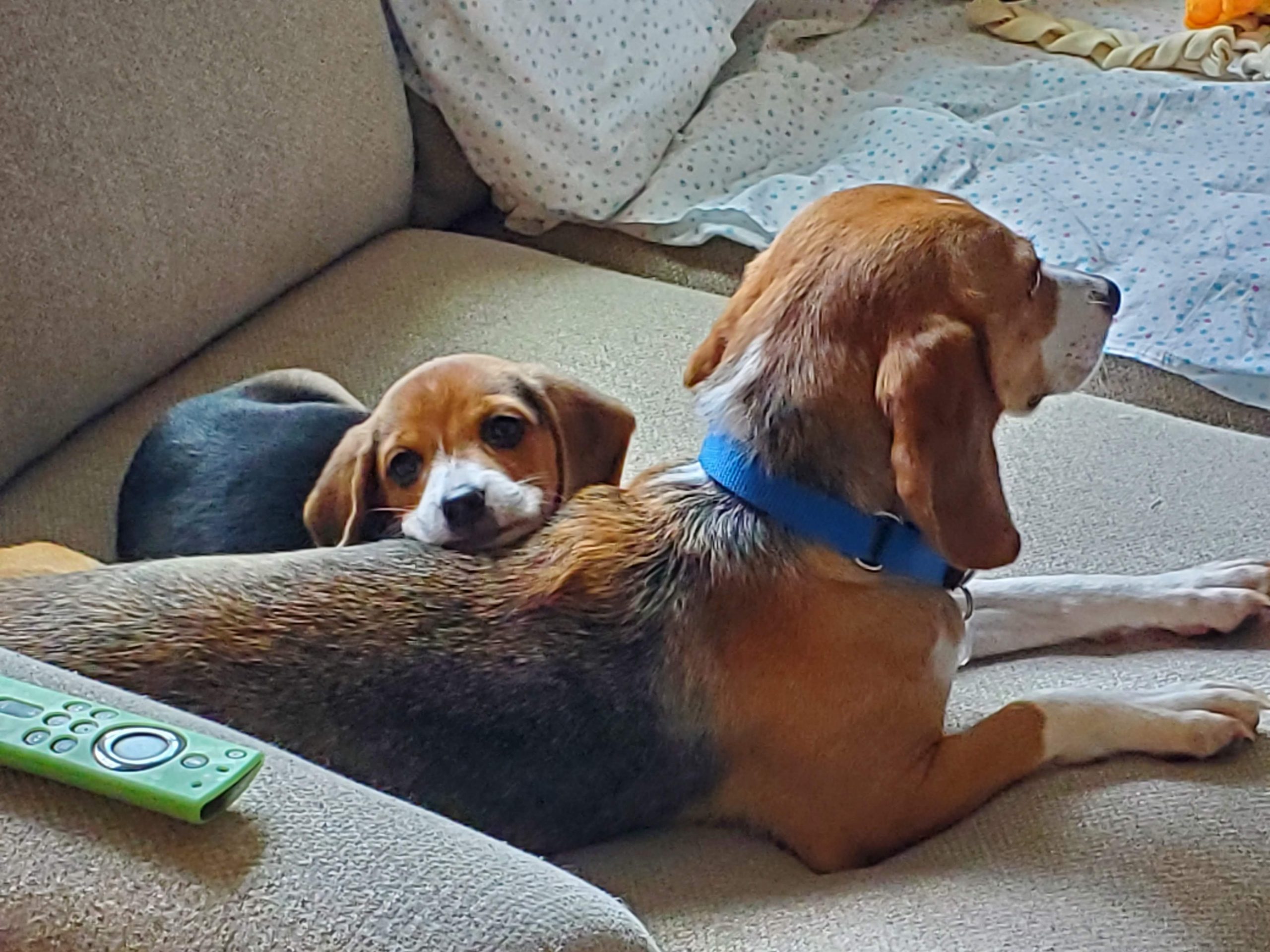
Housetraining Basics
To begin with you will require the following:
-a crate only large enough for the puppy to stand up and turn around comfortably
-a schedule for going outside
-treats for whenever you go outside with the dog
-good observing skills to prevent accidents patience
Crate
The puppy must be crated whenever you’re away or can’t actively supervise, i.e. when you’re busy around the house, sleeping etc. This will make him hold on so that you can have a success outside later. If you find the puppy is soiling his crate, the likelihood is that the crate is too large: the puppy can use part of it as a toilet. Speak to us if he’s is a chronic crate soiler.
Schedule
1. First thing in the morning
2. A few minutes after each meal. This is often when puppies will have a bowel movement. You will discover your own puppy’s rhythm. 3. Every hour on the hour. Take the puppy outside on leash for five minutes in a small area. Always return to the same spot so he begins to associate the area with its purpose. Don’t interact with the puppy. Have a play period once he is finished. If nothing happens after five minutes, bring him back into the house and crate him for another thirty minutes. Then try again. If he does eliminate, he may have a free period in the kitchen or confinement area, or, better yet, a nice walk. This acts as an added bonus for performing. 4. During the night. A very young pup (6-7 weeks) may need to go out once during the night.
Treats
Every time the puppy eliminates outside, lavish him with enthusiastic praise during the act and follow with an extra special treat (a small piece of cheese, hot dog, liver). If you find that the praise makes him stop in the middle of eliminating, save it until just after he finishes.
Pay
Attention
Your puppy will give off signals that he needs to eliminate. It’s essential that you learn what these are so you can prevent mistakes. Common behaviors include circling, restlessness & sniffing. Whenever you see these, take the puppy out!
Patience
Don’t lose your cool. Most puppies will have accidents, especially in the beginning of training. Since your puppy will be supervised at all times when loose in the house, you will be able to provide the proper feedback as the dog begins to eliminate or, even better, take him out before he even starts (see “good observing skills…” above). If you catch him starting to eliminate inside, interrupt him with a sharp sound. This may even prevent him from finishing. Urgently say “outside” and then get the puppy there as quickly as possible. Stay outside for the 5-minute period and praise & treat if he finishes eliminating. If not, bring him back inside and either supervise or crate him for another try later. If the puppy has an accident in the house or in the crate and you did not see it happen, it is futile and even detrimental to punish him after the fact. Simply clean up the spot and then apply a commercial odor neutralizer or 50% vinegar to water. This will help prevent a certain location from smelling like an “indoor toilet”. Most importantly after any accident, vow to supervise more closely in future and/or add another outing to your schedule.
Most Frequently Asked Questions
What do I do if there is no one to come home while I’m at work to let him out after 4 hours?
Try to find a doggy daycare that can provide your puppy with the attention he requires during the first 4 months. The more accidents that go without feedback, the longer it will take to house train.
I follow the schedule but my puppy urinates several times an hour in the house! Is he normal?
Have your veterinarian check whether the puppy has a urinary tract infection.
My puppy is four months old and still having frequent accidents. Help!
My guess would be that he has too much unsupervised, loose time in the house. Remember that each time he eliminates in the house without being caught, he is being de-trained. Tighten up your regime.
I want my dog to eventually go outside but I’m confused. Should / paper-train first and then later train him to go outside?
If you have access to the outdoors and your goal is for the dog to eliminate there, paper training is unnecessary. It’s easier on the dog to not first teach him that it is okay to eliminate inside and then later change the rules.
I live in a high rise with a small dog. Is paper-training him okay?
You can permanently paper train the puppy (assuming it’s a small dog!) in the same manner as outlined for “outside training.” All your trips will be to the paper, rather than outside. Choose one location for the paper. Just be sure to also take him for walks and outings so he gets adequately socialized.
Courtesy of the San Francisco SPCA

